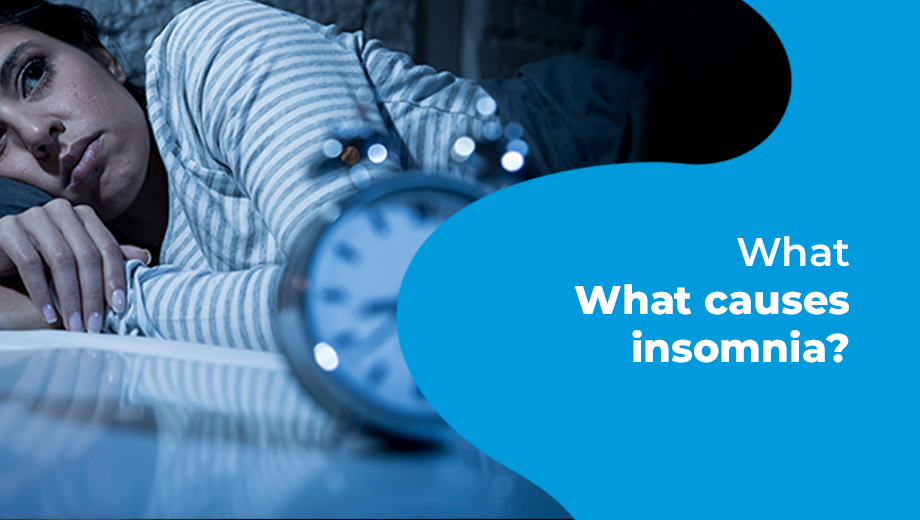Millions of people around the world suffer from insomnia, which means they can’t fall asleep or stay asleep. As a result, it can cause anything from minor discomfort to serious problems with daily life. To successfully manage insomnia, one must understand its causes, its effects on daily life, and effective strategies to improve sleep quality.
Causes of Insomnia
Stress and Anxiety
Life events, stress at work, relationship problems, or fears about money can all cause thoughts that won’t go away, making it hard to relax and fall asleep. Anxiety disorders, like generalized anxiety disorder (GAD) or post-traumatic stress disorder (PTSD), can make it harder to sleep.
Medical Conditions
Various medical conditions contribute to insomnia, such as chronic pain like., arthritis, asthma, allergies, gastrointestinal problems like., acid reflux, neurological disorders like Parkinson’s disease, and hormonal imbalances like menopause.
Lifestyle Factors
Bad habits like drinking or smoking too much, not being active enough, or using electronics too much before bed can mess up the body’s normal sleep-wake cycle. Similialry, if you are not going to bed at the same time every night it will also cause sleep issues.
Effects of Insomnia
Insomnia doesn’t just impair sleep; it affects overall health and quality of life in profound ways.
Daytime Fatigue and Irritability
Insufficient sleep leaves a person feeling tired, irritable, and unable to concentrate during the day.
Mental Health Impact
Chronic insomnia is linked to an increased risk of depression and anxiety disorders.
Impaired Physical Health
It weakens the immune system and increases the risk of cardiovascular diseases, obesity, and diabetes.
Decreased Performance
Insomnia hampers cognitive abilities, memory, and decision-making skills, impacting professional and academic performance.
Tips for Better Sleep
Getting into good sleep habits, which is also called “sleep hygiene,” can make your sleep much better.
Set up a regular sleep schedule
Even on the weekends, go to bed and wake up at the same time every day to keep your body’s clock in sync.
Set up a soothing bedtime routine
Do things that make you feel better, like reading a book, taking a warm bath, or practicing deep breathing or meditation to calm down.
Improve the place where you sleep
Make sure your bedroom is cool, dark, and quiet, so you can sleep well. Buy a mattress and pillows that are comfortable.
Limit Stimulants and Electronics
Avoid caffeine and nicotine close to bedtime. Reduce screen time at least an hour before sleep, as the blue light emitted from screens can interfere with melatonin production.
Exercise Regularly
Engage in moderate exercise, such as walking or yoga, during the day to promote better sleep at night. However, avoid vigorous exercise close to bedtime.
Watch Your Diet
Avoid heavy meals and excessive fluids before bedtime. Consider having a light snack if hunger interferes with sleep.
Manage Stress
Practice stress management techniques such as mindfulness meditation, journaling, or talking to a therapist to decrease anxiety that disrupts sleep.
Limit Naps
While short power naps can be beneficial, avoid long daytime naps, as they can interfere with nighttime sleep.
Conclusion
Stress, underlying health issues, and lifestyle choices complicate insomnia, impacting both mental and physical health and overall well-being. Establishing healthy sleep habits and addressing root causes can significantly alleviate symptoms and promote restful sleep. Individuals can improve sleep quality and overall health by understanding the causes of sleep disturbances, adopting effective preventive measures, and implementing tips for better sleep hygiene. Managing insomnia requires persistence but leads to a more fulfilling life through adjusted routines, stress management, and professional assistance when necessary.

